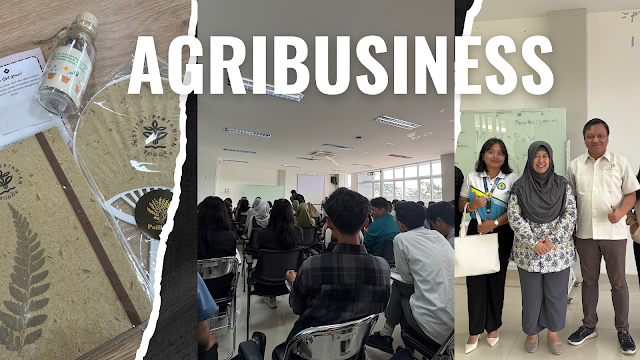DNA Isolation of Sugarcane with the Plantation Class

Our last day at IPB University was made especially meaningful with a hands-on laboratory activity that none of us will soon forget—DNA isolation from sugarcane. It was our first time to try this kind of molecular work, and we felt truly fortunate to have had the opportunity to explore such an advanced yet practical side of agricultural science. The session was conducted under the Plantation Program, and it served as the perfect culmination of the short lecture we had the day before on DNA sequencing. This time, we moved from theory to practice extracting DNA ourselves from sugarcane, one of the most economically significant plantation crops in Southeast Asia. The process was engaging and exciting, as we worked in small groups alongside our Indonesian classmates, who were incredibly helpful and patient throughout the entire activity. They guided us step by step, explaining procedures and assisting whenever we had questions. It was not only educational but also a wonderful exchange of kn...





